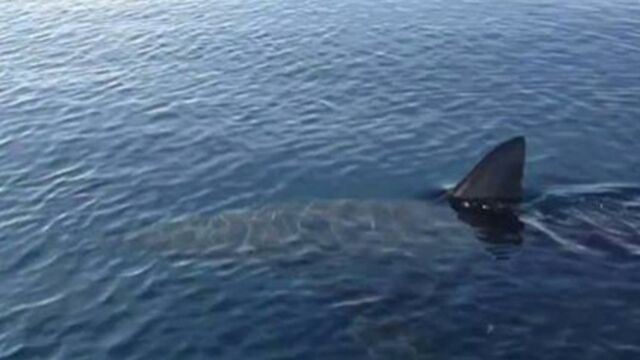Sharks are one of the most interesting creatures to be swimming about in our oceans. There are hundreds of different species living in our waters although some, such as the great white, are a lot more dangerous than others.
Discover our latest podcast
A rare find
Scientists spotted a hammerhead shark that has earned its name because of its special head shape, but this one was of a previously unknown species. The information provided by its DNA analysis has proven to be very informative.
According to the WWF, this particular species of hammerhead shark was found in Central America, in the Belize Barrier Reef, the longest barrier reef in the northern hemisphere. It’s one of the 1400 counted animal species in the region.
This new discovery proves that this part of the ocean is rather special and unique in terms of its marine life and the WWF has called for the protection of its biodiversity. Various measures have been put into place to protect the many species who live in this part of the ocean.

A fight yielding positive results
Drilling works have been prohibited in this area since 2016. However, according to the WWF, protecting these species is a battle that is still to be continued.
And successfully so, because it is beginning to bear fruit: the protective measures have led to the UNESCO World Heritage Committee's decision on 26 June 2018 to remove the Barrier Reef Nature Reserve of Belize from the list of World Heritage Sites at risk, which had been classified as endangered since 2009. This is because the mangroves and marine ecosystem have been destroyed by housing construction and tourism, as well as by oil drilling.
Check out the video above to see the shark for yourself!















